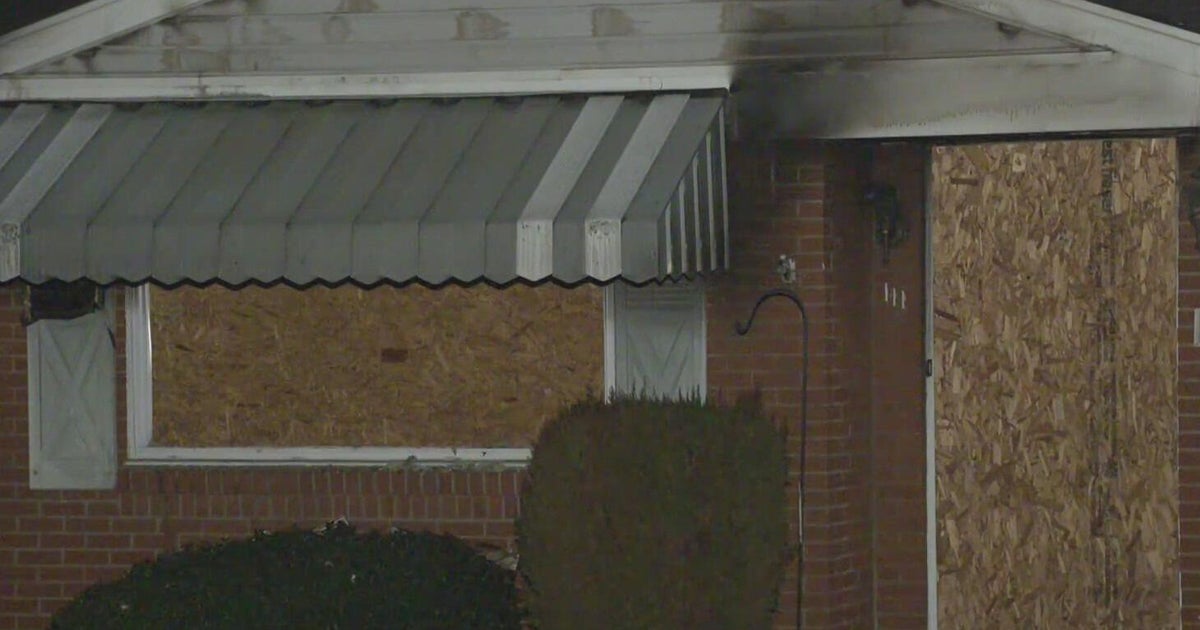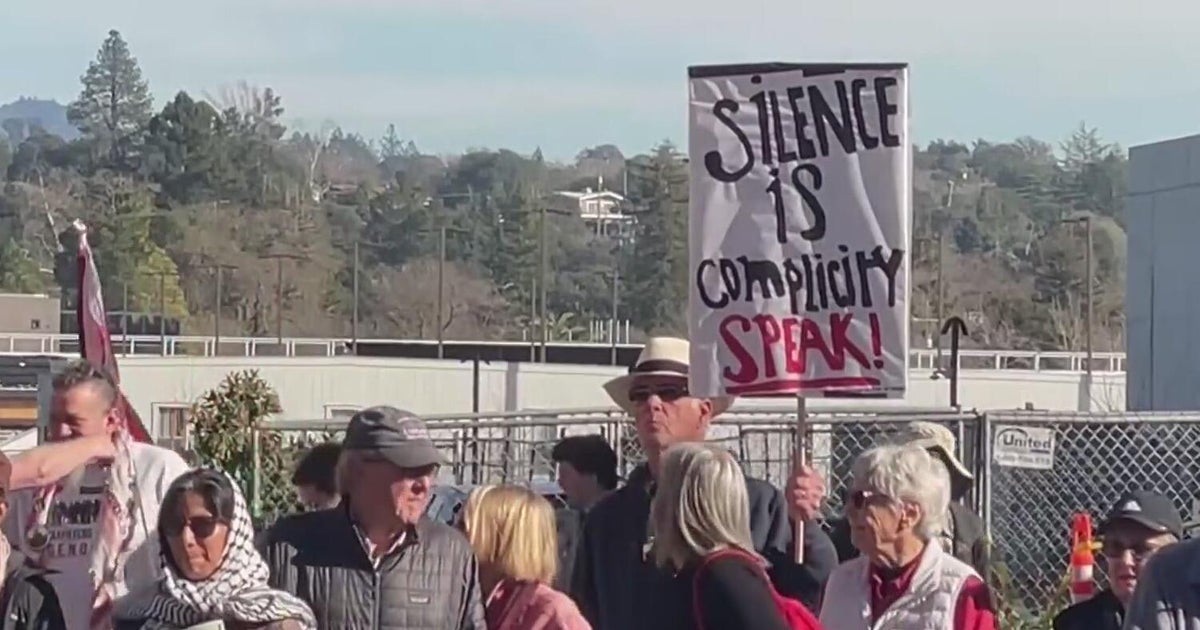Allegheny County Jail promises more mental health support, less use of force
The Allegheny County Jail could significantly increase its mental health staffing and provide more training about use of force and restraint under a proposed settlement filed Tuesday in federal court.
The agreement, which still requires a judge's approval, would resolve a class action that accused the jail in Pittsburgh of offering inadequate treatment and medication for inmates with mental health disabilities, and often punishing them with extended solitary confinement or excessive force.
"The lawsuit was bitter at first. But this is a sweet victory. Law enforcement doesn't get to break the law to enforce it," Jason Porter, one of the five inmates represented as plaintiffs, said in a prepared statement.
Mental health care — from intake to medication, counseling and suicide prevention — was "either non-existent or wholly deficient" when the lawsuit was filed in 2020, according to lawyers with the Abolitionist Law Center, the Pennsylvania Institutional Law Project and Whiteford, Taylor & Preston LLP.
The Allegheny County jail had one of the highest suicide rates among large county correctional facilities in Pennsylvania. A review of in-custody deaths between 2017 and 2022 found seven of 27 in-custody deaths were suicides.
Shaquille Howard said he appreciates the promises of change. He said previously that he spent significant time in solitary confinement and was told he could not receive mental health counseling unless he was suicidal.
"I'm happy and thankful that no one else has to endure the things that I endured during my time at the ACJ," he said in a prepared statement. "Most of all I'm glad that chapter of my life has concluded, but I'll never forget what was done to me."
A county spokesperson declined to comment on the proposed settlement.
Concerns over how people with mental health issues are treated while incarcerated have led to a number of lawsuits in Pennsylvania and nationwide.
The settlement would direct the county to have about 47 mental health positions, with about 30 requiring independent licensure, for its roughly 1,700 inmates. The county would have to fill a majority of the staff levels within six months of a court order.
The county would also need to provide training in the next six months to correctional staff about recognizing signs of mental illness, when use of force is appropriate and how to deploy de-escalation techniques. The county would have to audit the efficacy of the training following implementation.
Mental health staff would need to be alerted to intervene when use of force is being considered, and staff would be required to document when mental health staff is called in, regardless of whether force is ultimately used.
The inmates' lawyers said use of force incidents have already decreased by 28% since their lawsuit was filed four years ago.
Counseling would be provided to people flagged as having serious mental illness, current or recent diagnoses, a history of self harm in the last two years or inmates in mental health housing units.
In response to allegations that incarcerated people with mental health issues are placed in solitary confinement as punishment, the order would direct the county to allow inmates in segregated housing at least four hours of out-of-cell time daily, which includes social interaction and treatment. For those in restricted housing, the county would have a behavior management program designed by a psychologist that aims to reduce time spent in solitary and in the jail overall.
Inmates would have to be screened within two weeks of admission to the jail, and should be evaluated by a mental health staffer if they are found in need of treatment, the settlement says. Health care professionals, not other jail officials, must make any clinical decisions regarding such things as medication; suicide watch; counseling; and access to items like blankets, paper and writing instruments.
The order "heralds a fundamental shift" in how mental health is addressed in the jail, said Keith E. Whitson, an attorney with Whiteford. "These are meaningful changes that will have a substantial impact on individuals incarcerated at ACJ and their families."
If approved, the settlement would require the jail to maintain substantial compliance for at least two years before court supervision would end.







